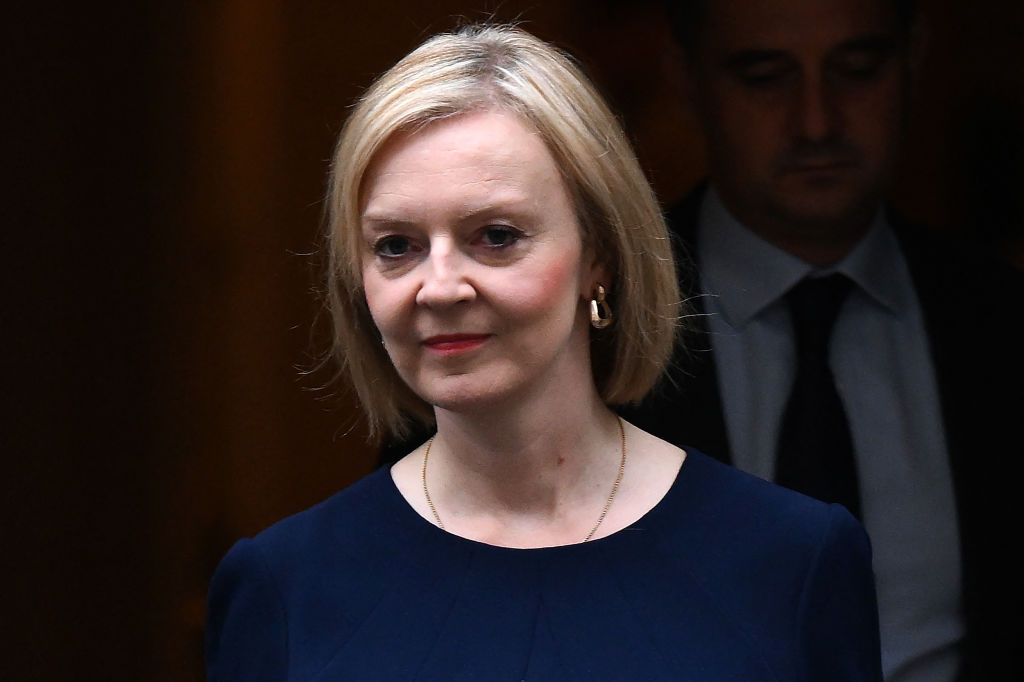Despite its leading lights having spent more than a decade spent promising us they will bring down immigration we can now say for sure that Conservative party is not going to do that.
Liz Truss and Kwasi Kwarteng are preparing to expand the number of economic sectors to be declared as suffering from labour shortages and thus permitted to bring in both skilled and unskilled workers from abroad. Not only this, but they are also pushing for a trade deal with India that will involve ‘open access’ immigration arrangements.
In his watershed financial statement in the Commons on Friday, Kwarteng included immigration in a list of areas where barriers to economic expansion were going to be removed by new policies to be announced in the coming weeks. He added that the focus would be on growth ‘even where that means taking difficult decisions’. For ‘taking difficult decisions’ read ‘breaking promises’.
Under Boris Johnson, the Conservatives had already driven a coach and horses through their 2019 manifesto pledge that ‘there will be fewer lower-skilled migrants and overall numbers will come down’. In fact overall numbers are sharply up, with an astonishing one million foreign nationals allowed to come and live in the UK last year.
There is now no party in the Commons capable of representing the British voters who think immigration remains much too high
Johnson’s casual betrayal of a promise which helped win new support for the Tories in the red wall came after both Theresa May and David Cameron broke a pledge to bring annual net immigration down to the tens of thousands – i.e. under 100,000 – in every single year since it was first made by the party in 2010.
Somewhat comically, Cameron told the electorate at that year’s general election: ‘If we don’t deliver our side of the bargain, vote us out in five years’ time.’ He never got close to delivering, not least because he permitted George Osborne to run an avowedly pro-immigration policy at the Treasury. Mrs May persisted with the tens of thousands target during her execrable tenure in Downing Street. It hardly needs stating that she failed to meet it, given that she failed to fulfil any significant commitment she made to the electorate.
Perhaps only the most epically gullible among us had not realised that these promises by successive Tory prime ministers were made entirely cynically simply to keep on board the kind of people the party’s liberal high command was ashamed of but needed votes from.
After the mendacity of Cameron, May and Johnson, there is something to admire in the frankness of Truss. She did say during the leadership contest that her focus would be on delivering Johnson’s manifesto and is now renouncing its central pledge on immigration. However, that is nursery slopes promise-breaking compared to her predecessors.
She has clearly never believed in keeping immigration low and instead will focus on expanding the number of people in the UK because more people means more output, which means a higher GDP.
Jacob Rees-Mogg has reportedly told her he can only support such a policy if it also involves GDP per capita increasing. His view centres on the not unreasonable grounds that if output only rises in line with the additional number of mouths needing to be fed, then economic progress can hardly be claimed to have been made.
If Rees-Mogg is troubled by the explicit people-importing objectives of Truss then spare a thought for Trade Secretary Kemi Badenoch, whose job it is to secure a free trade deal with India within the next few weeks. With the Indian government pressing to include a free movement clause and Truss urging her to seal the deal by Divali on October 24, she is under huge pressure to trash the outlook she set out in her own leadership bid.
Back in the summer, Ms Badenoch seemed to be the one senior Tory to truly understand the negative impacts of excessive migration in areas such as the housing shortage, pressure on public services and social cohesion. She argued: ‘We need to consider the demand side of housing, not just the supply side. People rightly recognise that building more homes while doing nothing to bring immigration down is like running up the down escalator…Controlling immigration is important to managing the pressure it puts on housing and public services. Building confidence in the government’s ability to control immigration is an important foundation for ensuring a cohesive society.’
Given recent events in Leicester and the chasm that still exists in living standards and welfare provision between our two countries, the idea of a billion Indian nationals gaining the right to live and work in Britain – or even a small percentage of that number doing so – has to be one of the most insane policy shifts ever contemplated by a UK government. And all of this comes on top of the omni-shambles over record levels of illegal immigration across the English Channel.
There is now no party in the Commons capable of representing the roughly half of all British voters who think immigration has been and remains much too high. If Nigel Farage does not sense in this an opportunity to return to the political frontline with a new offer focused tightly on immigration control and targeted at red wall constituencies then I’m the proverbial Dutch man.







Comments